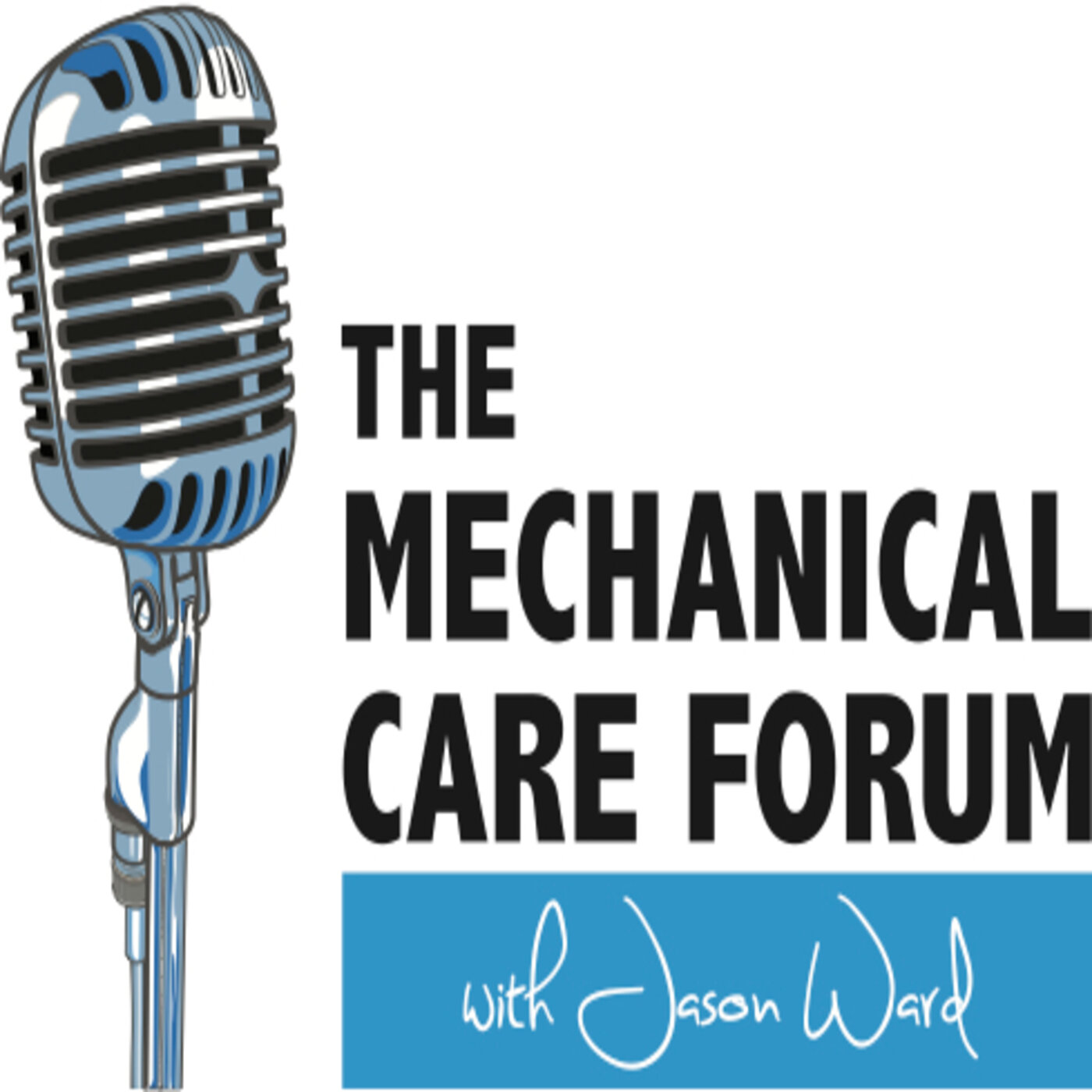In episode 225 I'm speaking with Dr. Scott Miller. He's a psychotherapist and founder of the international Center for Clinical Excellence. We talk about his work and professional journey, what influences real professional growth, and what doesn't. This week on MCF!
Dr. Scott Miller is the founder of the International Center for Clinical Excellence an international consortium of clinicians, researchers, and educators dedicated to promoting excellence in behavioral health services. Dr. Miller conducts workshops and training in the United States and abroad, helping hundreds of agencies and organizations, both public and private, to achieve superior results. He is one of a handful of “invited faculty” whose work, thinking, and research is featured at the prestigious “Evolution of Psychotherapy Conference.” His humorous and engaging presentation style and command of the research literature consistently inspires practitioners, administrators, and policy makers to make effective changes in service delivery.
Show Notes
Background
Dr. Scott Miller is a psychologist by training and is director of the International Center for Clinical Excellence (ICCE) since the last decade. Through ICCE he is working with clinical behavioral therapists to improve their quality of care and excel at work. Scott’s time is mostly spent in research and writing and a small portion is dedicated to clinical practice.
Professional Journey
Scott grew up in southern California and graduated from University of Utah, Salt Lake City. He talks about his initial indecisiveness while studying and the therapeutic angle to take with his profession. He spend his time post graduation in a clinic in Mid west with a couple of forward thinking professionals at a training clinic. The goal at the clinic was to provide more effective clinical services in a briefer period of time. He spent 5 years at that clinic and was disheartened when a few internationally known researchers who were invited to the clinic concluded that the protocols which had been painstakingly developed over the years were no different in time and effectiveness when compared to what was practiced by other clinicians.
Arriving at a Conclusion
Scott decided to further pursue what made some clinicians more effective than others when the motto of his profession is to believe clinical outcomes using standardized protocols is independent of individual clinicians practice. He found his answers through the work of another clinician psychologist Ericsson who's research had determined the individual qualities that made some clinicians exceptional. He further goes on to explain the key to success being “deliberate practice” and what it actually means.
Error-centric Practice
Scott explains that just number of years of practice does not improve a clinician but being more ruminative about the way you practice and identifying the errors and remedial measures is what improves you as a clinician. To further explain this approach Scott talks about a research project on NICU nurses and how some nurses due to their approach towards work were able to identify presence of infection in the babies even when the tests negative.
Decreasing the Rate of Dropouts in Clinical Practice
Scott explains that there is no standard protocol to decrease the number of patients not following up but it is something that needs to be explored at an individual level. In every clinical practice there will be random events of poor patient compliance but if it is an issue, then the clinician needs to delve into it and determine if there is a pattern to it and what could be the remedial measures.
Supportive Community
Scott believes that being in clinical practice can be isolating and lonely. It is important to have a community of clinicians that are supportive and help you reason through problems in clinical practice instead of making judgements and giving standard solutions.
Session and Outcome Rating Scales
Scott believes that it is important to measure patients functional level instead of focusing on symptoms. He states that most people seek a therapist when their symptoms start to affect their function and are less concerned until then. Hence important to use scales like “Outcome Rating Scale” that measure people’s well being and their interpersonal, individual and social lives.
The “Session Rating Scale” helps to build a better alliance between patient and clinician, that improves patient satisfaction and engagement in therapy.
To learn more about Dr. Scott Miller you can go here
and to read more on the International Center for Clinical Excellence click here
We hope to deliver this content to the committed professional who wants to improve his/her care and we hope to do it in a way that is easily accessible, the world over, in today's technological age.
To contribute:
Give a 5-star review on iTunes;
Share EP #225 with a friend; and/or
Connect with us on the Spotify MCF Podcast and MCF Instagram page!
Thanks for your support!


